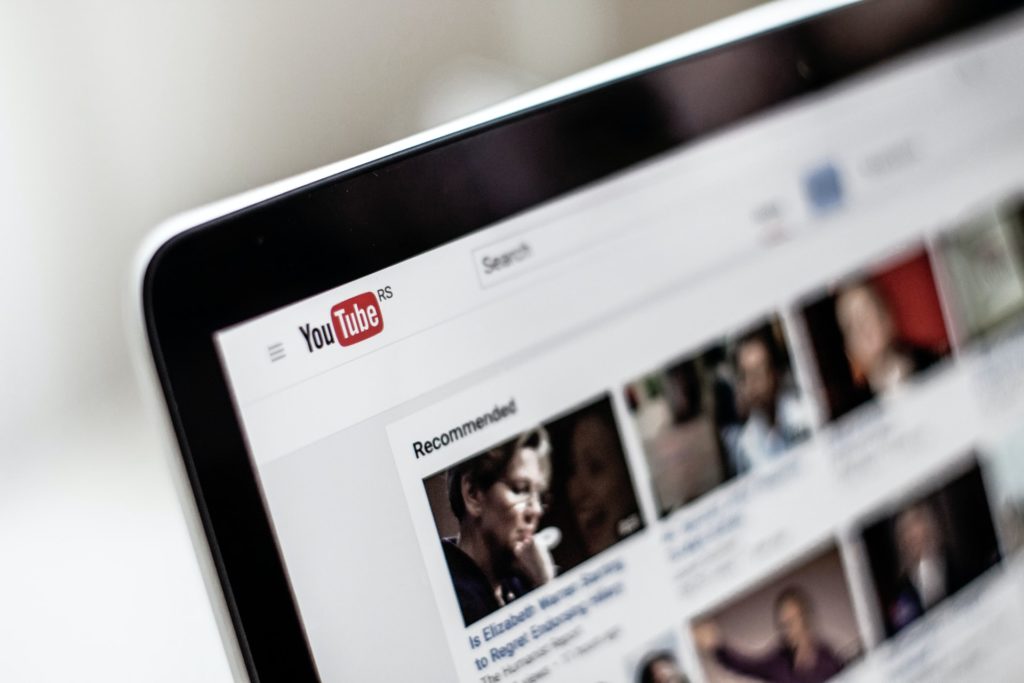Relying on social media for information, and in particular YouTube, is one of the factors that tends to turn a person against the vaccination campaigns being carried out across the world, according to research by Oxford and Southampton universities in the UK.
Other factors include a low level of confidence in government, and a tendency to believe in conspiracy theories.
Some social media, such as Facebook, have recently taken some action against the posting of scientifically-unsound information about Covid, but the protection is far from complete, and relies mainly on readers using the reporting feature.
YouTube, however, remains unregulated, and social media like that “pose a particular problem in contributing to vaccine hesitancy,” the research says.
The paper also warns that the algorithm used by YouTube to serve up videos you’re likely to want to see is based on previous viewing history, which is likely to create and then reinforce what they call an ‘echo chamber effect’. In other words, you get to hear what you’ve shown you want to hear.
‘Misinformation proliferates on some social media platforms because users receive content suggestions aligned with their fears and watch histories, driving them into deeper rabbit holes,” said Professor Melinda Mills of Oxford, one of the lead researchers, in a statement.
“Information is often presented by non-experts, with limited fact checking, making it difficult to gauge the accuracy or balance the information.”
But social media channels are not the only culprit. Trust in government is key.
“Misinformation thrives when there is a lack of trust in government, politics and elites, with a broader lesson that authorities need to communicate truthfully, clearly and consistently,” said Professor Will Jennings of Southampton university.
The paper found that more than 80% of Europeans and more than 70% of Americans use the internet as a source for health information, and finds growth in Internet use and reliance on social media sources such as YouTube, Facebook, Twitter and TikTok has changed the landscape of information gathering.
But YouTube was singled out.
“YouTube users were significantly less willing to be vaccinated, with a 45% probability of vaccine willingness,” the paper says.
A study of YouTube vaccine content found 65.5% of videos discouraged vaccine use, focussing on the threat of autism, undisclosed risks, adverse reactions and mercury in vaccines.
The paper is published by the Multidisciplinary Digital Publishing Institute.

